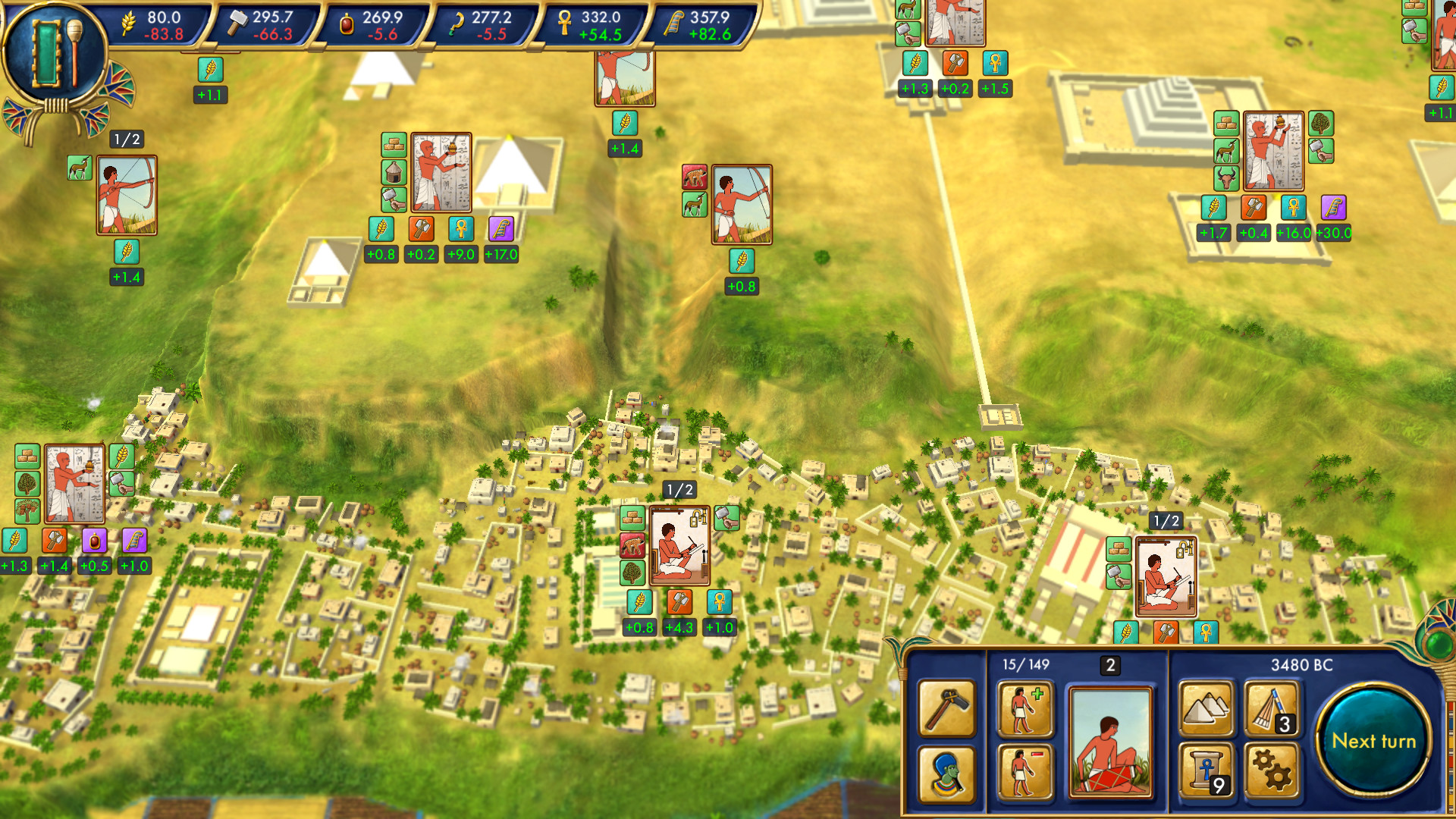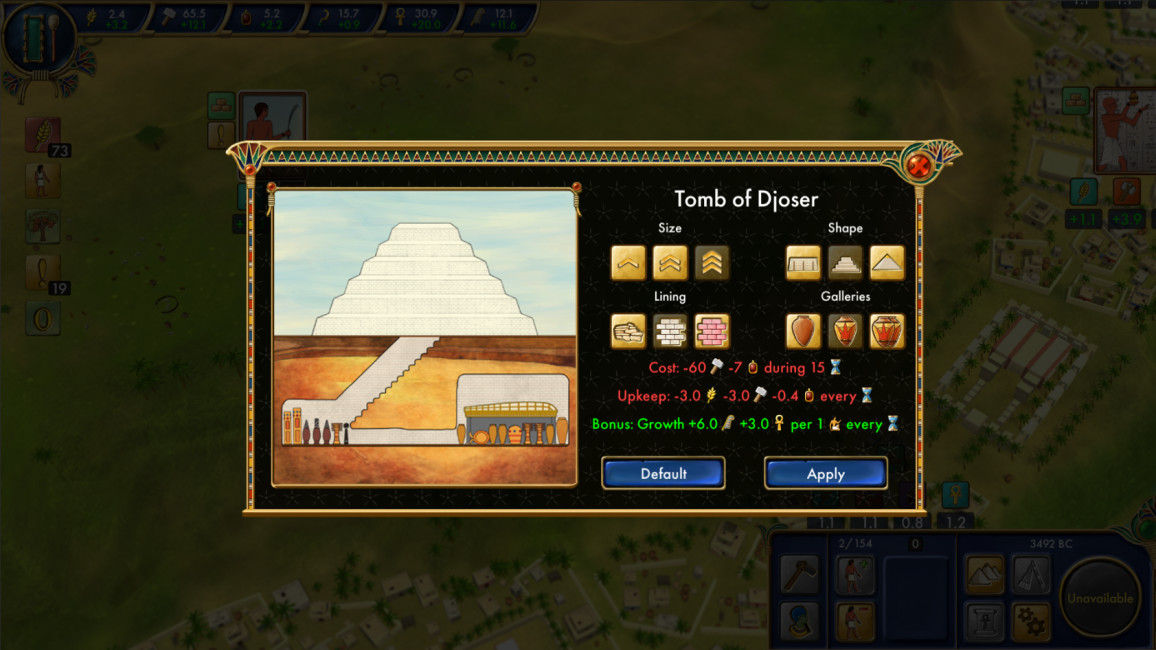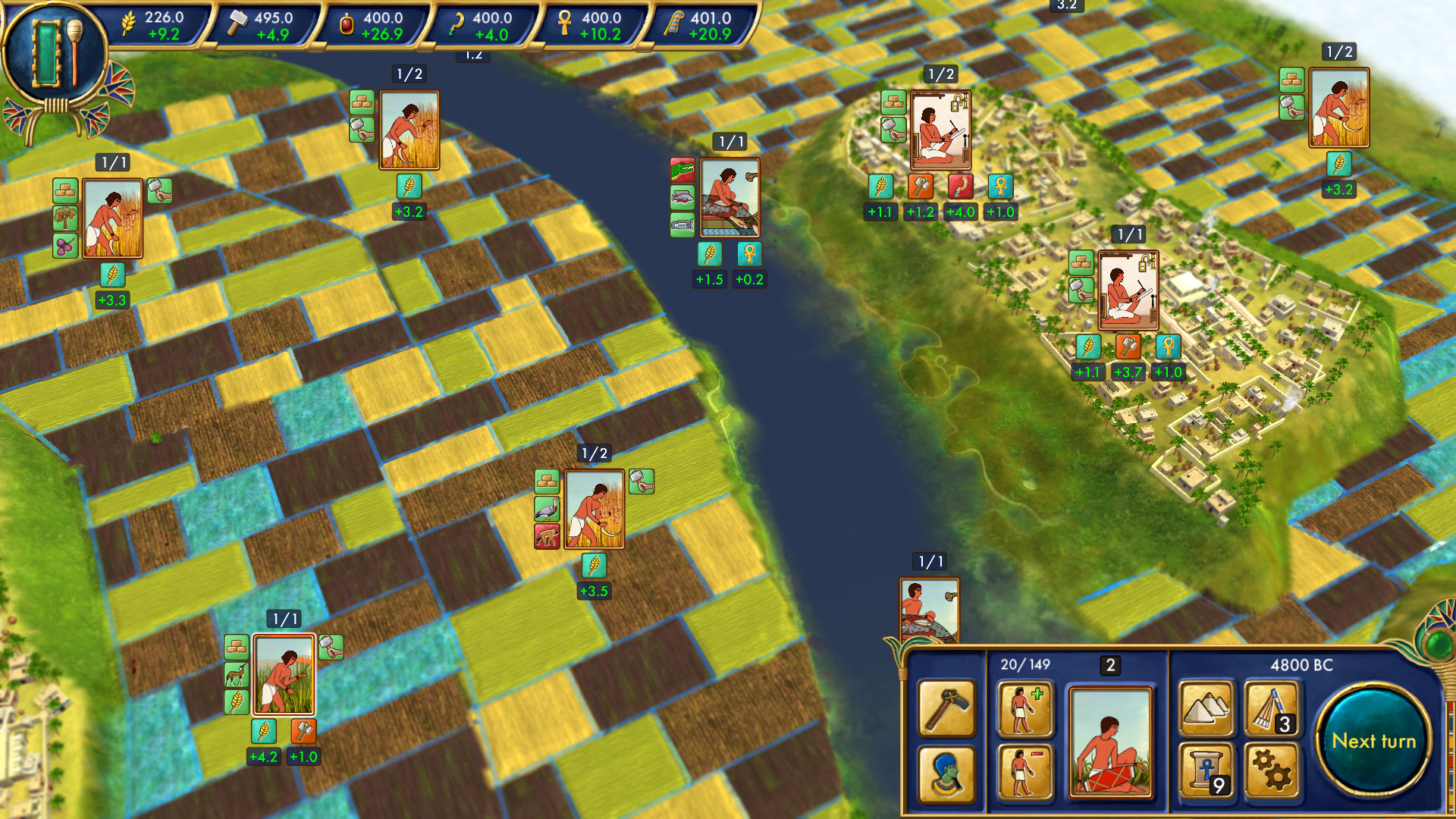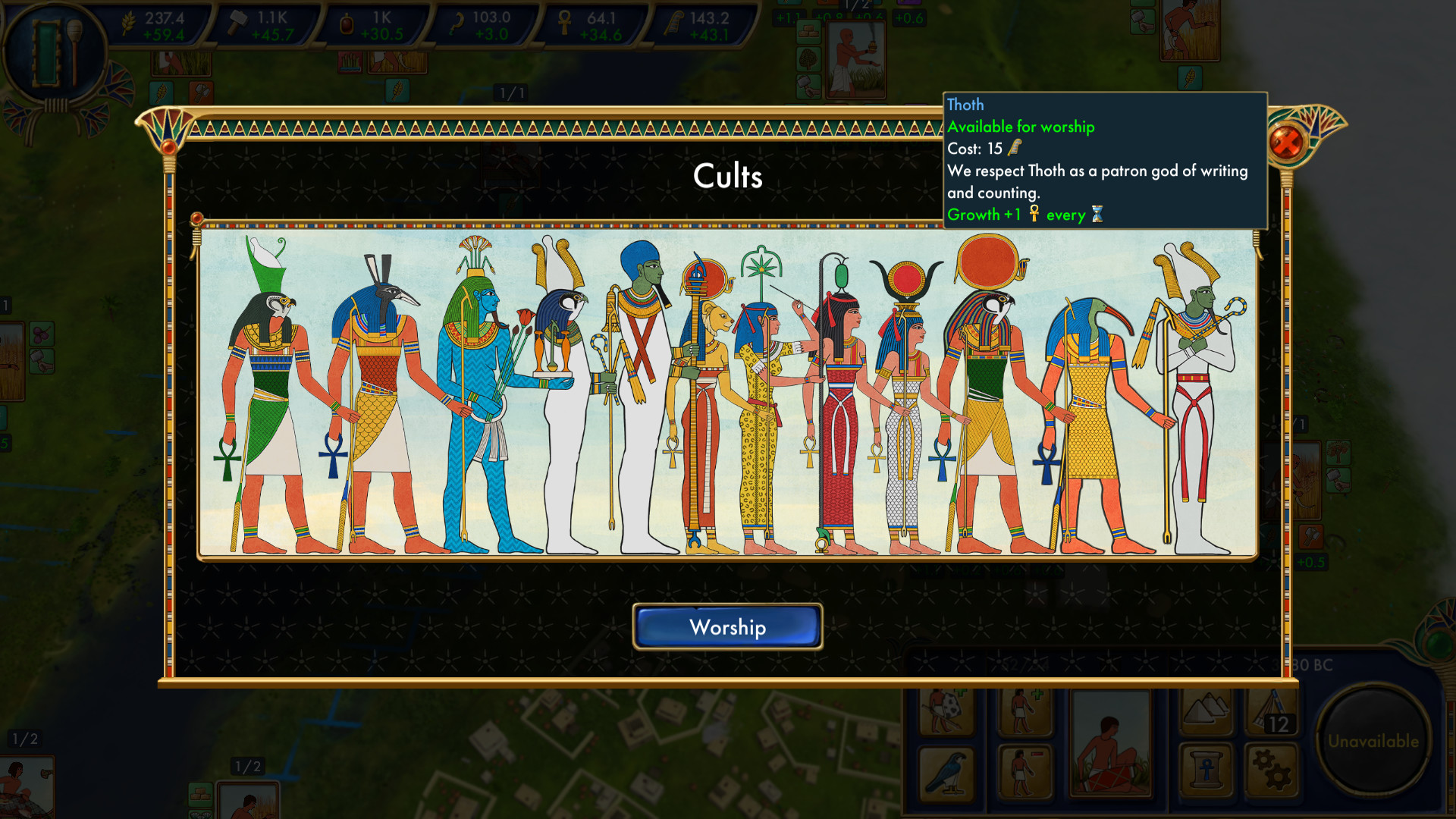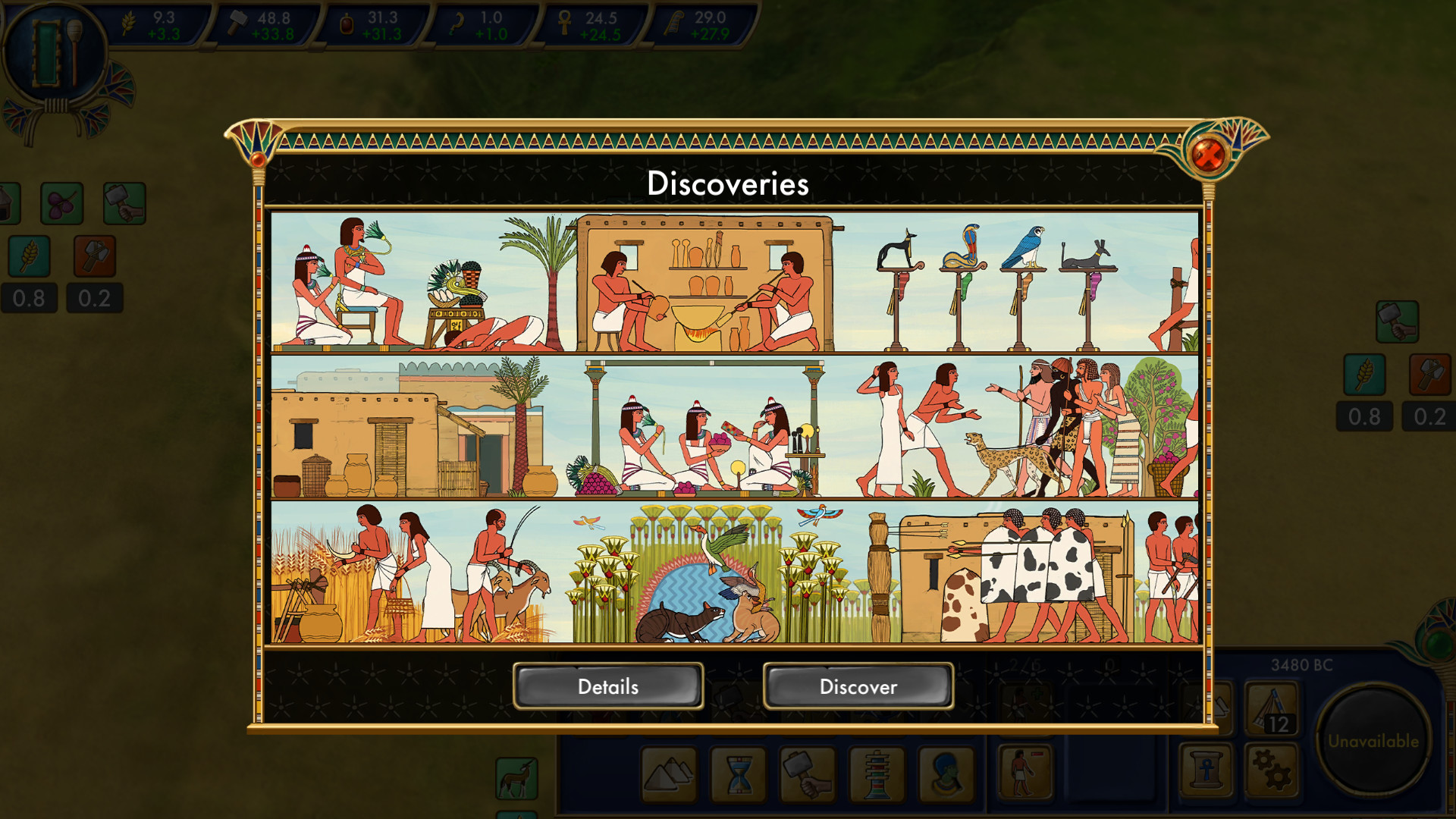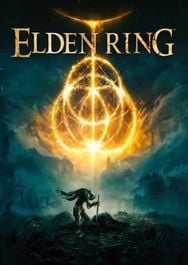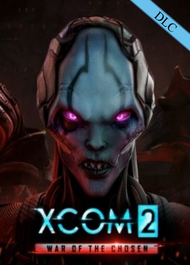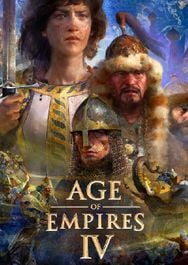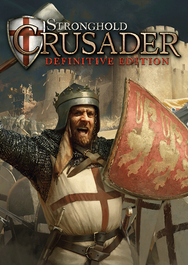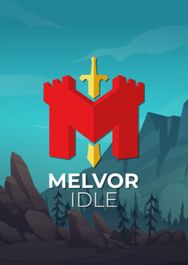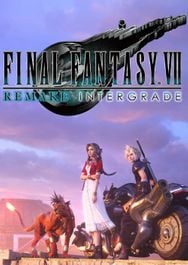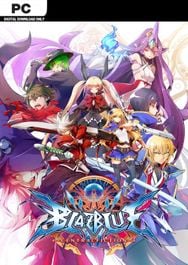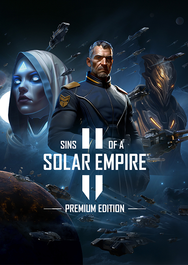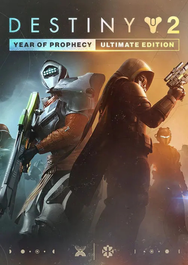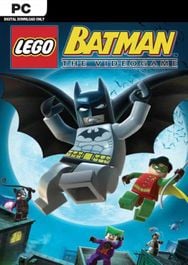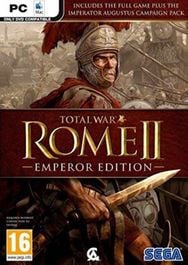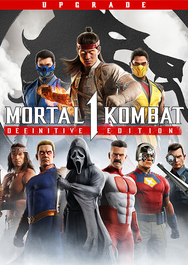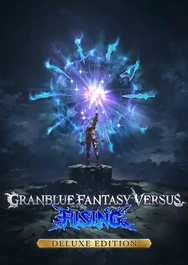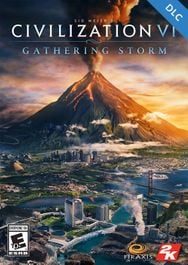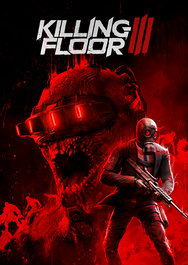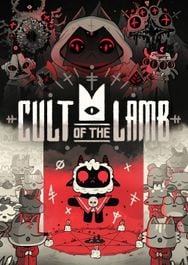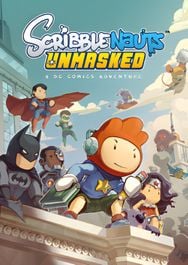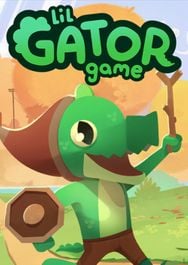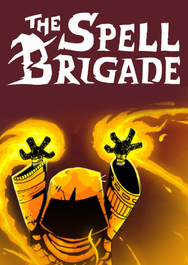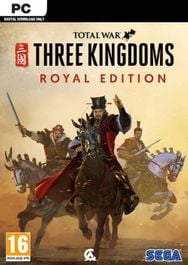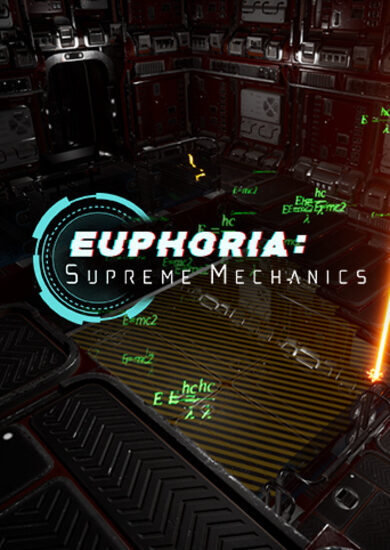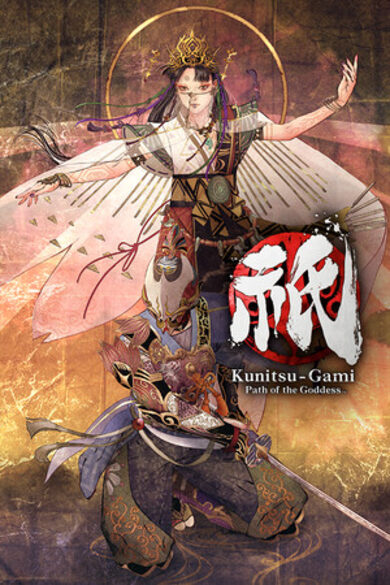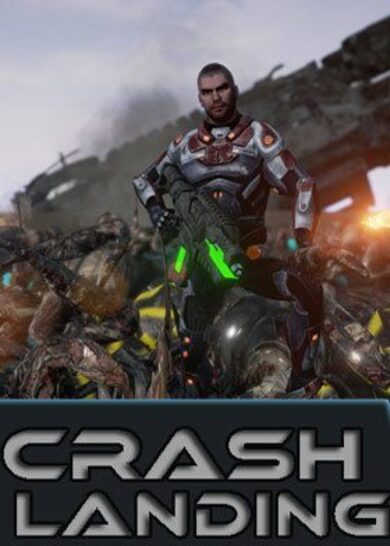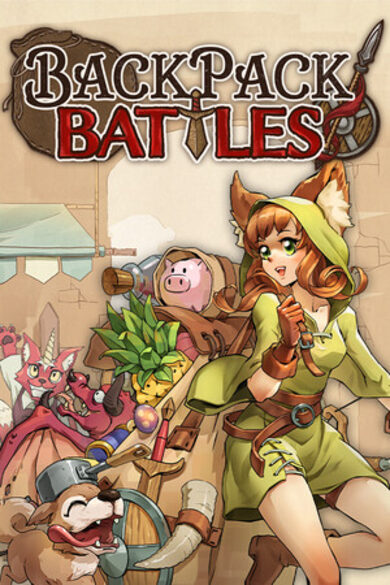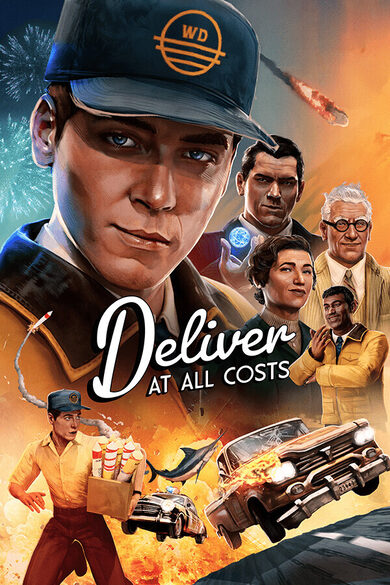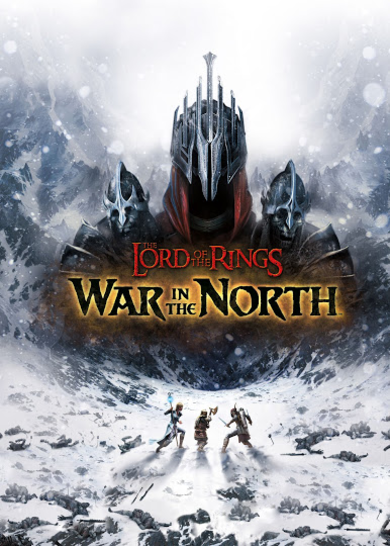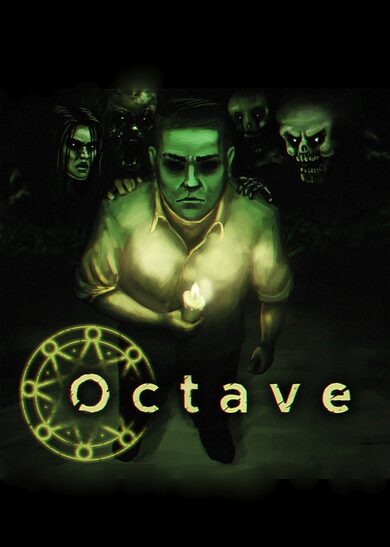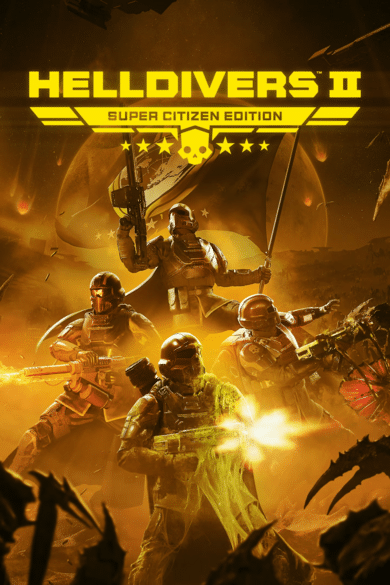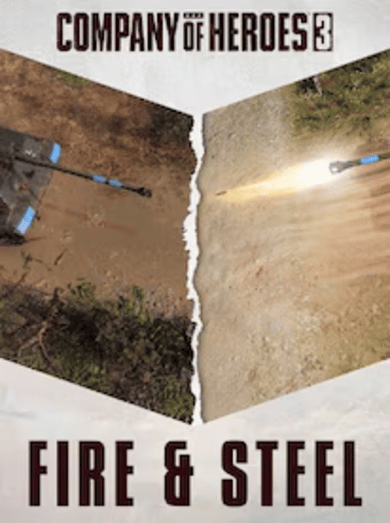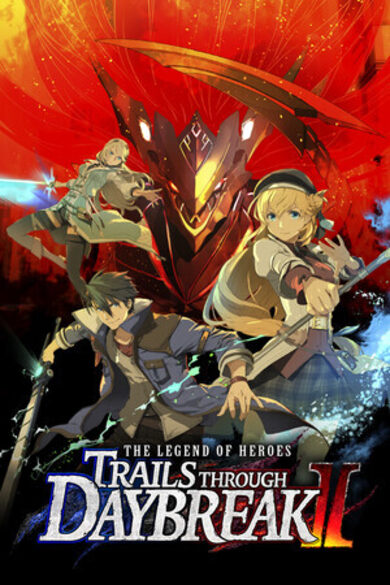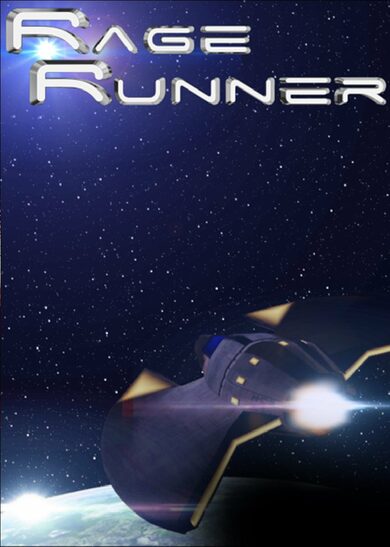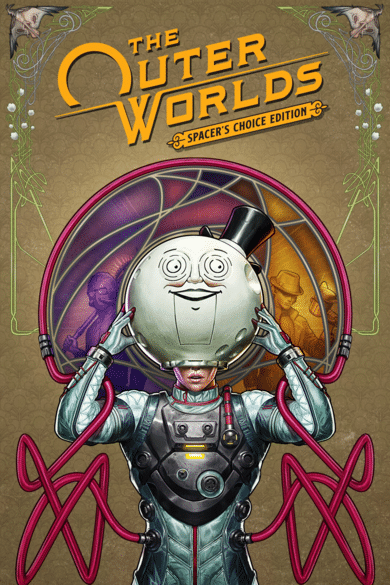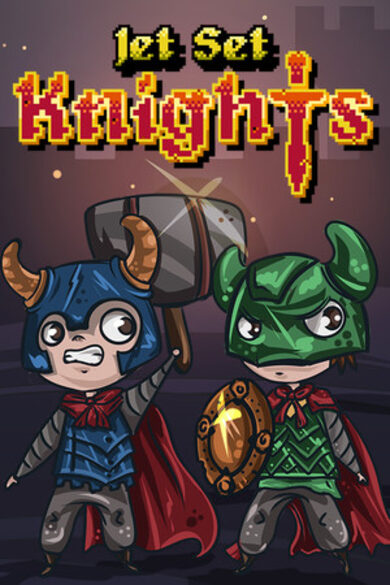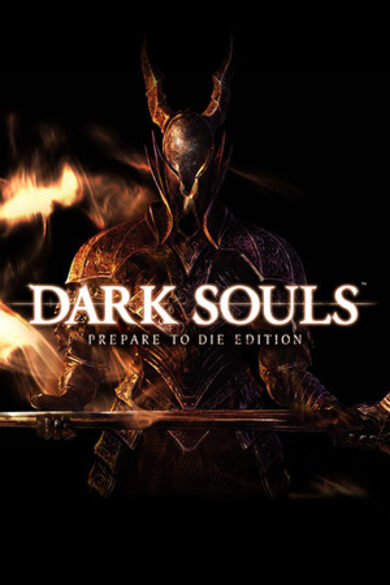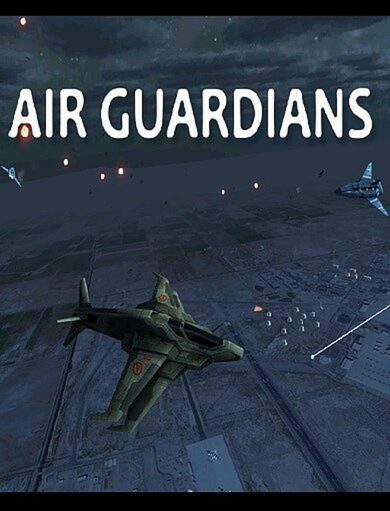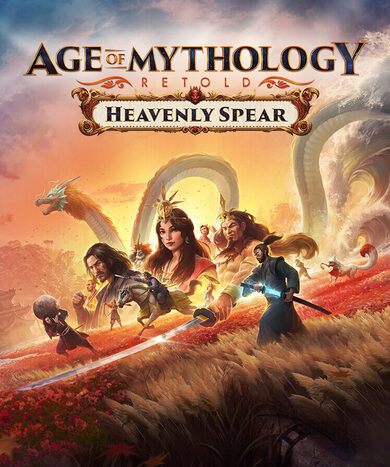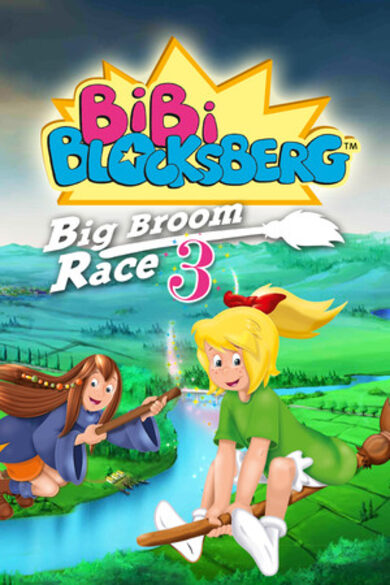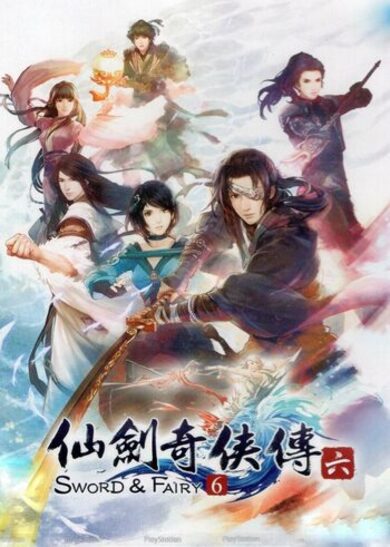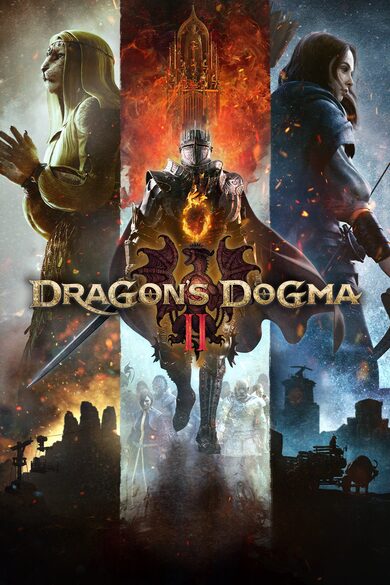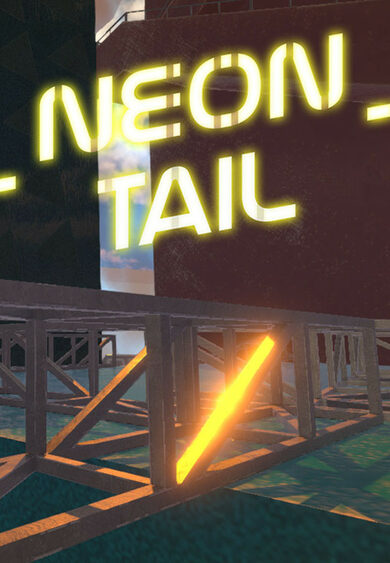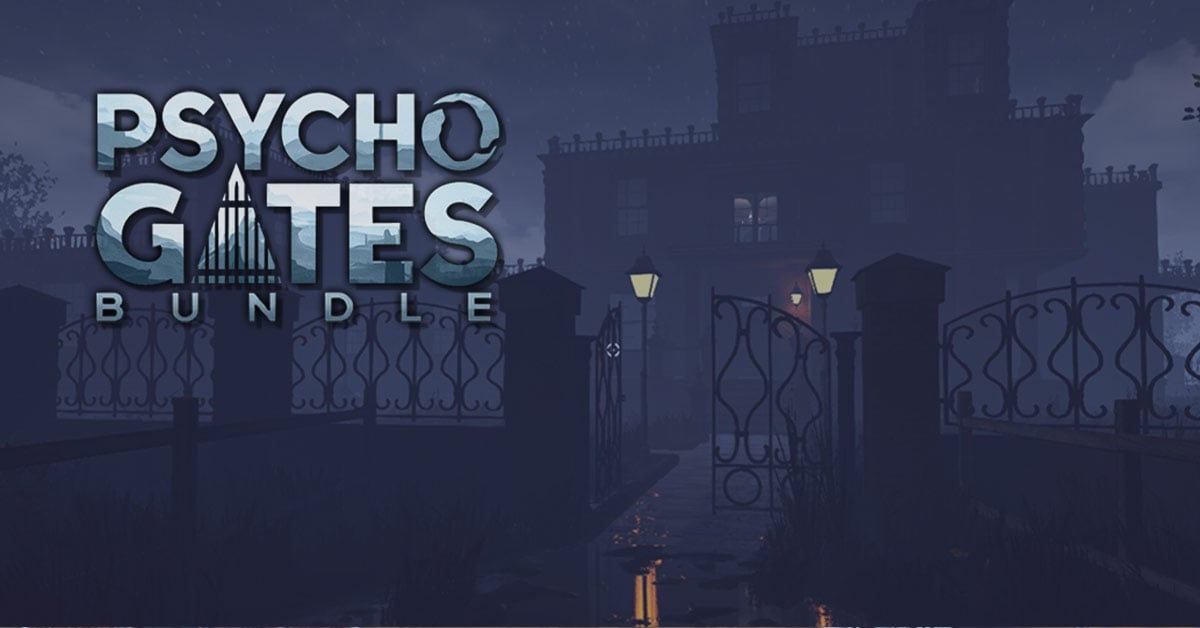Based on real history
You will find yourself in Memphis, 3500-2140 years B.C., the time of the first six dynasties of pharaohs. You will unify the country and create a prosperous kingdom, which later will have to face the havoc of the First Intermediate Period.Construction of the pyramids
You will lead the construction of pyramids, choose their design and materials. This process requires tremendous investments, but it is the only way to keep peace and order in the country.Ancient society simulator
You will not only deal with the problems of farmers and craftsmen but also make important political decisions, which will define the future of the kingdom. Numerous challenges and events of different scale await you.Ancient maps
Discover the world of the Old Kingdom: exploit new lands, send expeditions to different places, and meet different cultures. Use every opportunity to learn about your surroundings and to expand Egypt's borders.Difference from Predynastic Egypt
- More diversity in the game, varied tasks in the regions, different tactics for playthroughs and unique bonuses from patron gods.
- The game is longer now, after the main campaign there is a free-play survival mode.
- New technologies: 3D engine and skeletal animation.

When one's recreating the historical reality, battles are just as important as an economic development. Establishment of almost every civilization included some sort of military actions. Some computer games are sometimes more focused on the battles rather than economic development. Depending on developers' priorities and desires games' battle systems can look very different. For some games it's just a simple event, not outstanding at all, but in others, it's almost like a game inside a game, a huge event which requires a lot of actions and efforts from the player, something like what we can see in Total War.
We're making a historical strategy, and we're trying to make it as close to the truth as possible, so it's important for us to balance out every sphere of life in the same way as it was balanced in the Old Kingdom. Ancient Egypt was not a military state, and that's why we decided to let the player focus more on the development of the country rather than military actions.
Our first games had no separate battle mode, and the player got the result of the battle after a few clicks. In Predynastic Egypt we added the battle mode, but all the battles remained blended into the story, only slightly highlighted in comparison to the other events.
Predynastic Egypt battle mode: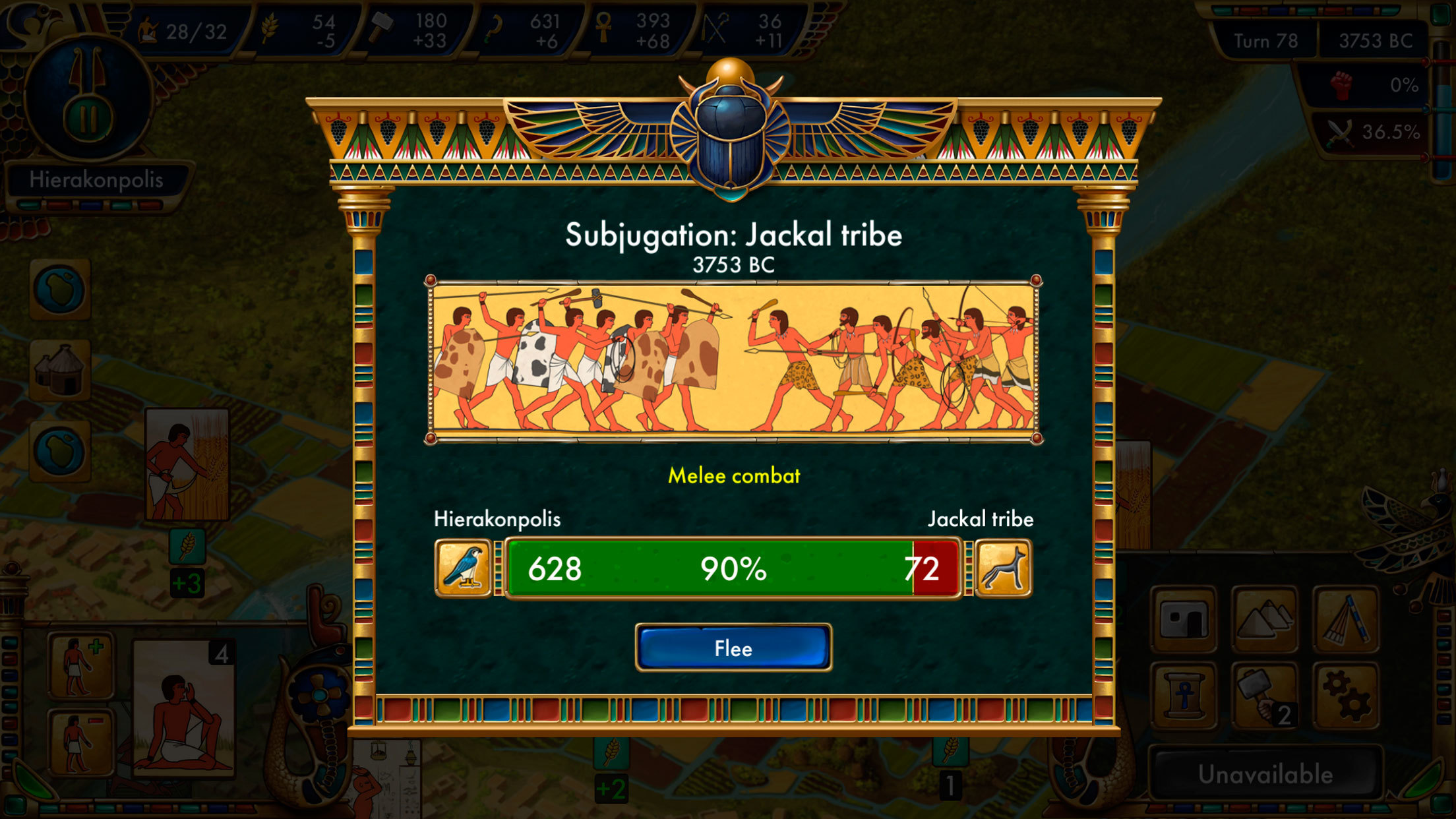
Egypt: Old Kingdom battle mode:
In the Predynastic Egypt conquering hostile tribes took several steps. Preparation took a few turns, then a couple of skirmishes to weaken the enemy, and then the battle royale. Of course, players could go without skirmishes if they were sure they'd win. The process of the battle was demonstrated in a separate window, but a player could not influence it or make any decisions in the battle. The only thing (s)he could do is to retreat from the battleground.
This simple system was sufficient for Predynastic Egypt. But for the new game, Egypt: Old Kingdom, we needed something more elaborate. From the feedback we got from Predynastic Egypt, we also knew the audience requested to improve the battle. Some people even asked us to make something similar to Total War. With all due respect to this game, it was inappropriate for our game to have this kind of a battle mode. Not only because Egypt wasn't a military state, but also because there are not much data available for a detailed reconstruction of battles of the Old Kindom period. All we know is that Egypt had an army that they have had some kind of military actions, but there is no information about the enemies or about battles' dates, times and locations, no information about the number of troops. No information about the results of battles. Without this information, all we could do is to fantasize about what their battles were like, but that is not something we need.
Still, we wanted to improve the battle mode, and the question was - how could we do it? We went through players' suggestions, as well as through our own ideas. We wanted to keep the ease of Predynastic Egypt's battle mode, but add a few features to make it more interesting. In the end, we added a few buttons, which were the result of a painstaking analysis and synthesis. We had to analyze as much of possible battle actions as possible, and then synthesize this information to make a few new buttons for a battle mode. Eventually, we got a system that is deeper and more flexible, than the original one, but at the same time, it's not entirely different.
So, before the battle player's troops are going to the enemy's territory (Egyptians on the left, enemies on the right side):

As soon as the player will choose to fight, the battle preparation will begin. The player will learn basic information about the enemy, and on the screen below we can see the first added button "Risk". What does it mean?
Even at the Old Kingdom period battles started long before the troops stood on the battleground face to face. Scouts were sent to investigate the enemy's troops condition, sabotages, tricks and set-ups were used in order to weaken the enemy's army before the battle. If those actions were effective enough, they could upset the initial power balance and a less powerful, but more cunning army could win the battle. These actions are hidden under the "Risk" button. It does not guarantee the victory, but sometimes it can save the army when the battle is unavoidable, but the army is not strong enough. On the picture below you can see the exact case when the button "Risk" can be used. Without it, the battle most certainly will be lost. The "Risk" button increases the chance of both good events (by 100%) and bad events (by 75%). The battle will become highly unpredictable, but also with a chance of victory.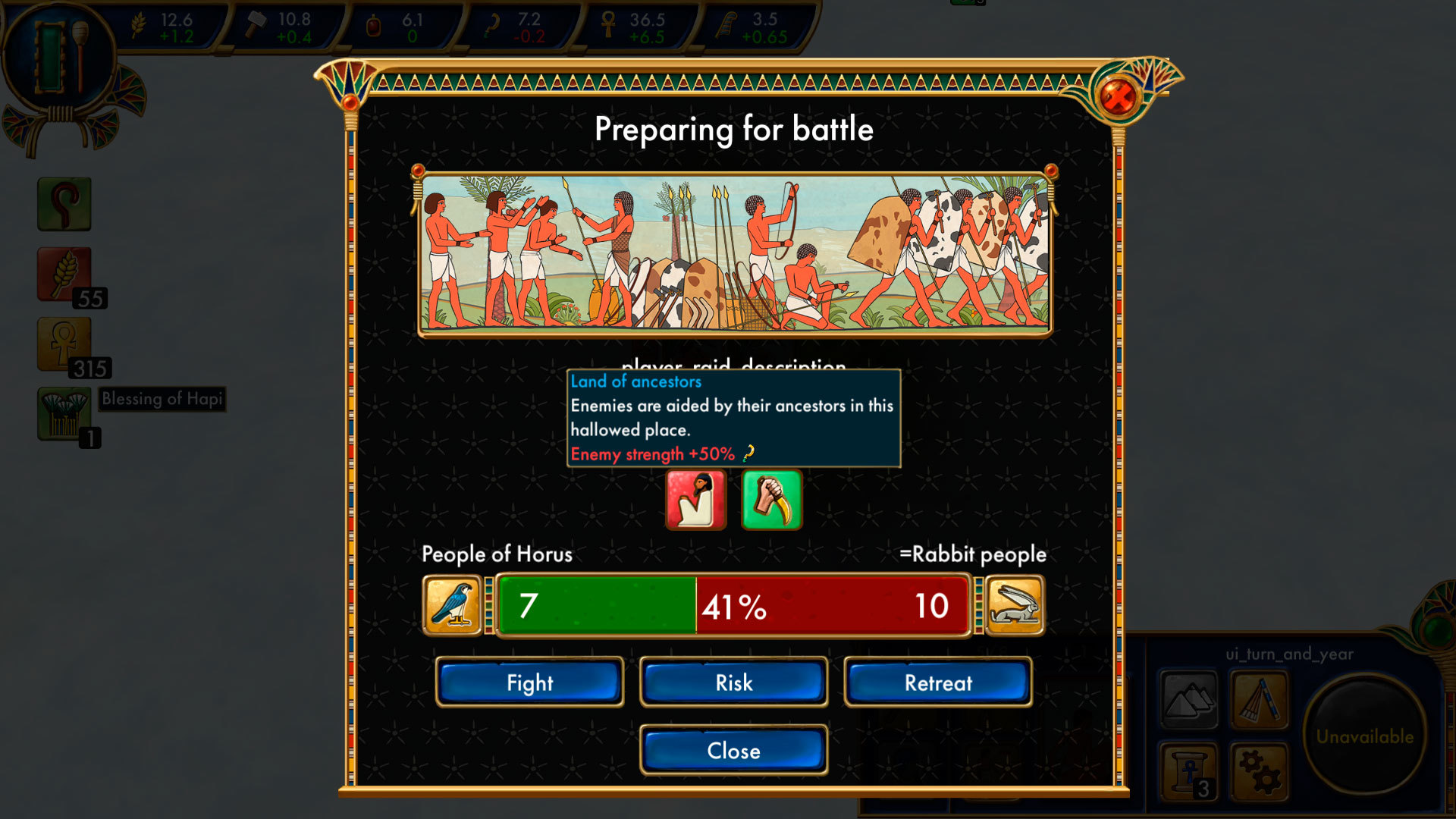
After the player chose his actions - to fight or to risk - here comes the second step of the battle. The battle itself. Here you can see two more buttons which allow the player to select the tactic. He can order the army to attack, and it will increase the damage to the enemy's army. Or he can order to defend, and in this case, the player's army will suffer less damage, but also the chance of bad events will increase.
In Predynastic Egypt, when the battle was over the player could only accept the result without the chance to react somehow. In Egypt: Old Kingdom the player can now choose his actions after the battle. He can exterminate the enemy or to let them go home. The first option will slow down the progress of the enemy's tribe. The second option will improve the relationships with all neighbor tribes/nations.

If the player loses the battle, his enemy can capture his troops. In this case, the player can beg his enemy to release part of them. Regardless the result, it will damage the relationships with the other tribes, and additionally, the enemy may not return the troops. So the begging only effective if the army was big. Otherwise, the player can just accept the defeat and do nothing about the lost troops.
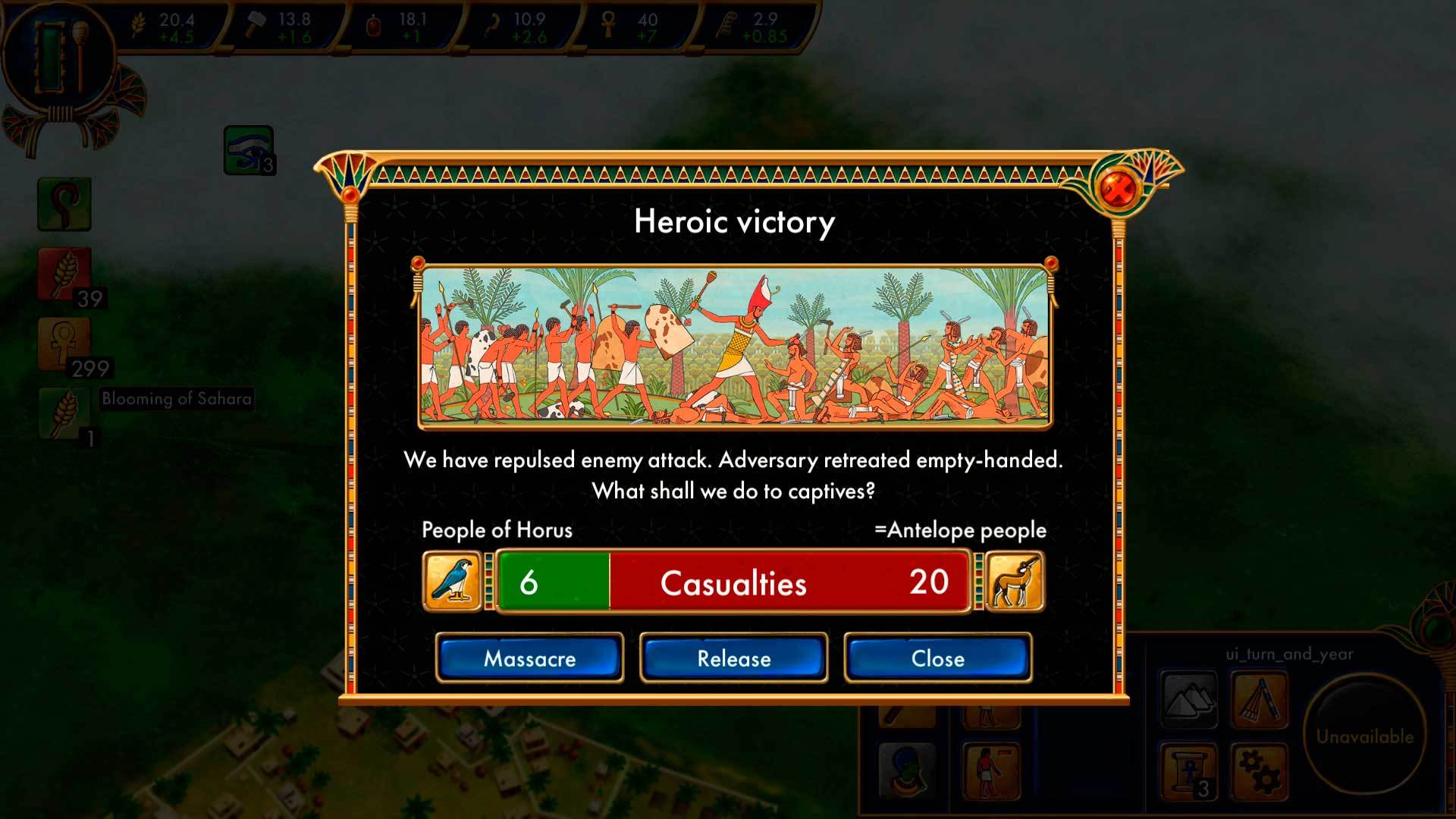
Besides the main battles, the player can also do raids. They have slightly different results. The successful raid will allow the player to enslave the enemy or to desert their lands (to destroy the fertility of the land by mixing it with salt). This will slow down the development of the enemy's tribe. In case if the raid will be failed, player's troops will be enslaved.
Besides the number of troops, a few other factors will influence the results of the battle. These modifiers will randomly be chosen before every battle. There are organization factors and religion factors. For example, successful raid or god's support can help the player. On the other hand, long distance from Memphis to the battleground or god's indifference can weaken the army.
And that's all about basic changes in our new battle mode! Trust me, it will be quite challenging!
Minimum Setup
- Processor: Intel Core 2 Duo 1.8 Ghz or AMD Athlon X2 64 2.0 GhzMemory: 4 GB RAM
- Memory: 4 GB RAM
- Graphics: 1024768. 1 GB VRAM
- Storage: 2 GB available space
Recommended Setup
- Processor: Intel i5 or AMD analoguesMemory: 8 GB RAM
- Graphics: 19201080. 2 GB VRAM
- Storage: 2 GB available space
[ 6365 ]
[ 6598 ]
[ 3185 ]
[ 2507 ]
[ 1655 ]
[ 1040 ]
[ 32822 ]
[ 883 ]
[ 45610 ]
[ 6040 ]

